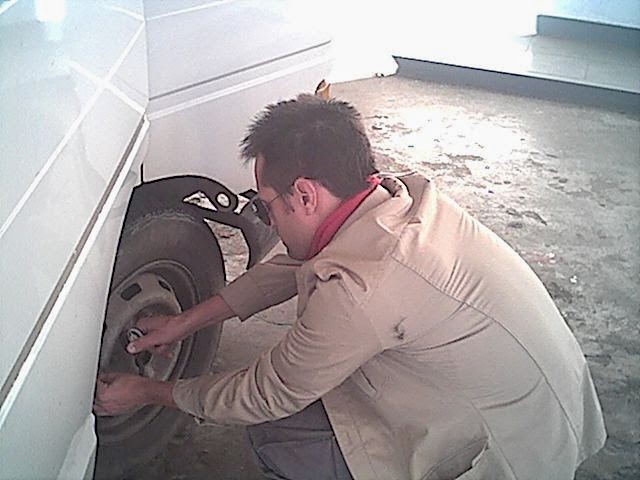 |
| Image: MeiTeng via freeimages.com |
The PISA tests attract a great deal of attention across the world, having quickly become the most influential rankings in international education, with students from around the world taking part every three years (Coughlan, 2013 a).
Are they a fair test, or even a necessary one? Andreas Schleicher of OECD is adamant that the tests represent a fair way of assessing what comes out of a country's education system, rather than simply how much money is poured into it (Coughlan, 2013 b). He believes it should serve as a wake up call to our complacency; are we giving students a false sense of security that will quickly be destroyed in the face of global (or even local) competition? Even in his own country of Germany, the PISA tests acted to damage faith in the system as the results did not match up with the perceptions of the nation; while in Italy, the tests suggested a real inequality in national test scores between north and south. In the UK, the relentless rise in top grades achieved at A-level seems to have stalled in recent years (Coughlan, 2014) - perhaps this is an indication that the government have been forced to rein in their confidence?
The UK government has certainly been taking the stagnation in PISA ratings seriously (Coughlan, 2013 a), with changes made to the curriculum and attempts to give extra financial support to poor performing pupils. However, the government's reaction has been criticised by teachers, as it does not place importance on their professionalism. They point out that higher performing countries make their achievements by letting schools and teachers collaborate, instead of having ministers try to make judgements based on assumptions about market forces. Similar concerns have been raised about reactions in the US (AFTHQ, 2013), as both government and pressure groups try to apply forceful, top-down solutions to quickly bolster the test scores, instead of looking deeper into the data and trying to emulate the methods and philosophies of the top-performing nations.
We always seem to come down to how competitive we can be as a society when reacting to these test scores, but perhaps we are ignoring a deeper and growing trend towards cooperation, with individuals taking advantage of technology to share knowledge in ways previously considered impossible, and often in ways that will actually benefit their competitors as well (Price, 2013).
References:
- AFTHQ, 2013. What Does the PISA Report Tell Us About U.S. Education?, Available at: http://www.youtube.com/watch?v=hf9UVg-TdH0&feature=youtube_gdata_player[Accessed August 16, 2014].
- Coughlan, S., 2013 a. UK “stagnates” in global school test. BBC. Available at: http://www.bbc.co.uk/news/education-25187997 [Accessed August 16, 2014].
- Coughlan, S., 2013 b. How Pisa became the world’s most important exam. BBC. Available at: http://www.bbc.co.uk/news/business-24988343 [Accessed August 16, 2014].
- Coughlan, S., 2014. A-levels dip as degree places rise. BBC. Available at: http://www.bbc.co.uk/news/education-28772974 [Accessed August 16, 2014].
- Price, D., 2013. Open: How we’ll work, live and learn in the future, England: Crux Publishing Ltd.




